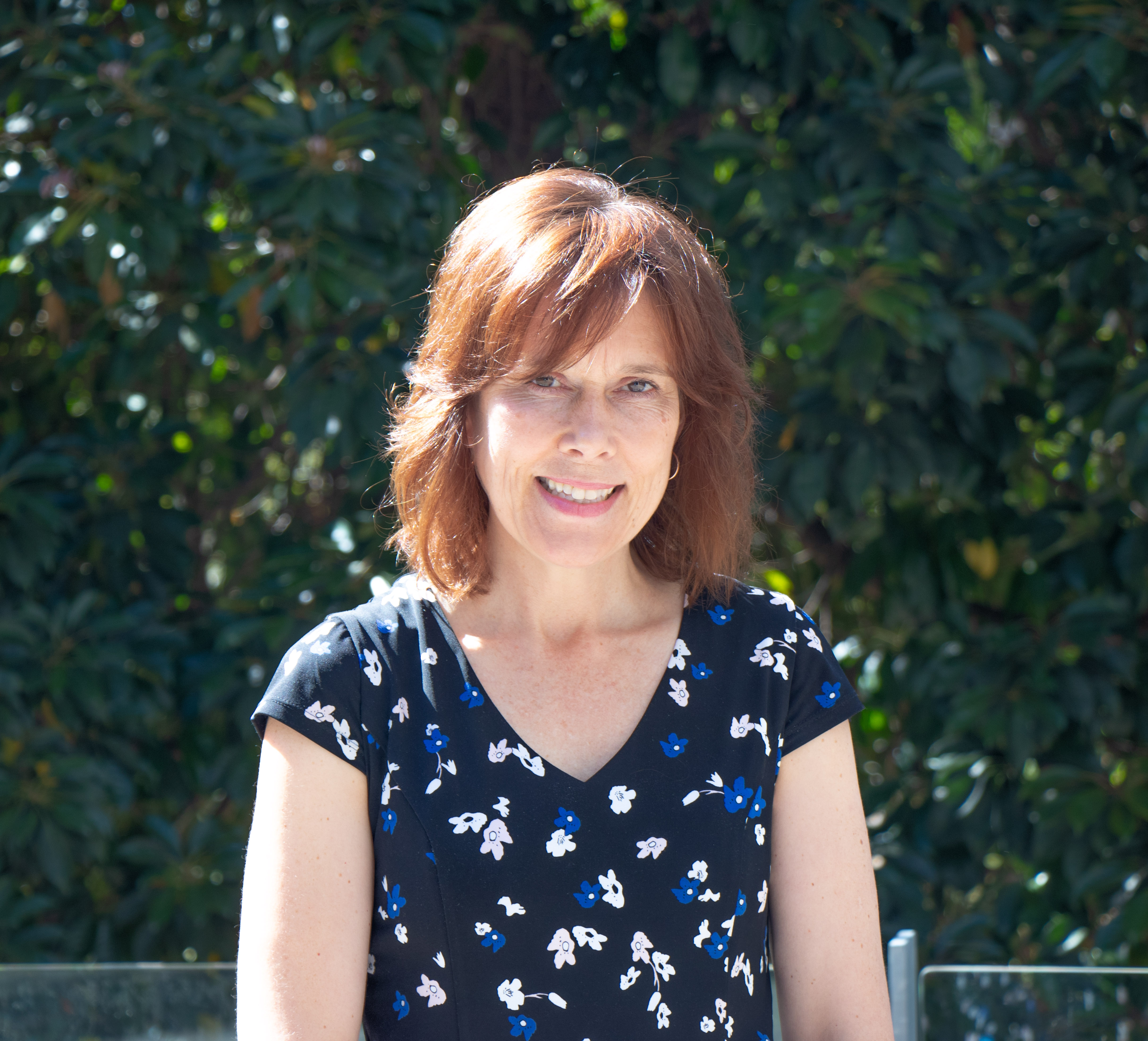
In a career spanning plant molecular biology, health care and now sustainable mining, SMI Research Partnerships Manager Dr Trish Murray has learnt plenty about work-life balance.
Ahead of International Women's Day 2020, we sat down with Trish to ask her a few questions about her career.
Could you walk us through your career prior to joining SMI?
“I studied at Massey University in New Zealand, and I actually originally wanted to be a vet. Anyone could do their first year but only 1 in 6 got through to the next year and no one I knew did, including myself.
“I then carried on and did a double major in plant biology and genetics, which, before I started at Massey I wouldn’t have thought that I would find interesting, but ended up really liking it within the first university year. I carried on in that field, and did my masters, honours, and then a PhD.
“When I came over to Australia, my dream job was to work on a project run by Christine Beveridge at UQ, but there were no projects at that stage so I postdoc’ed at the University of Southern Queensland in Toowoomba. Eventually the job with Christine became available and I postdoc’ed here.
“Towards the end of that position I had a child and a bit of a reality check about what was important to me. I realised I didn’t want to work full time, I wanted to work the minimal hours needed to pay my bills and I couldn’t see how I could do this as a researcher.
“I then changed and worked in the hospital system in a Quality Assurance role for stem cell clinical trials role and, after several years, moved to research governance and contracts roles. I really enjoyed translating regulatory requirements into practice in all of these positions – trying to untangle things so people could do their research.
Have you seen changes in the way women are treated or viewed in the workplace across your career?
“My child was probably one of the first ones at UQ with the six months full paid maternity leave, and that was a really big deal for mums wanting to take leave.
“The thing that hasn’t changed, disappointingly, is the training and understanding of the workplace, when you come back as a new mum or dad.
“It can be a very challenging time, and workplaces could bridge that gap a little better, and enable people to better function in the workplace.
“Empathy and understanding from the workplace could really help people at that stage, and I think it is a barrier to women’s careers, as, more commonly they are staying home, but of course this also impacts the stay at home dads.
Have any values been particularly important to you through your career?
“For me, the most important value is about engaging respectfully. Everyone, regardless of their position, adds value to the workplace and to us achieving our best outcomes. Treating someone in a way that brings them down personally is not constructive to resolving a problem and it certainly causes harm. No one should go home feeling bad because of how they are treated in the workplace.
Based on your own experiences, what advice would you give to young women about to start their career?
My advice for someone starting their career? Don’t judge yourself by your job, judge yourself by working out what makes you happy, your relationships with others, and work out how best to tick those boxes while having a sparkle in every day, and just enjoy your career and do the best you can.”
If you would like to learn more about the Sustainable Minerals Institute, its people and its research, visit smi.uq.edu.au.



